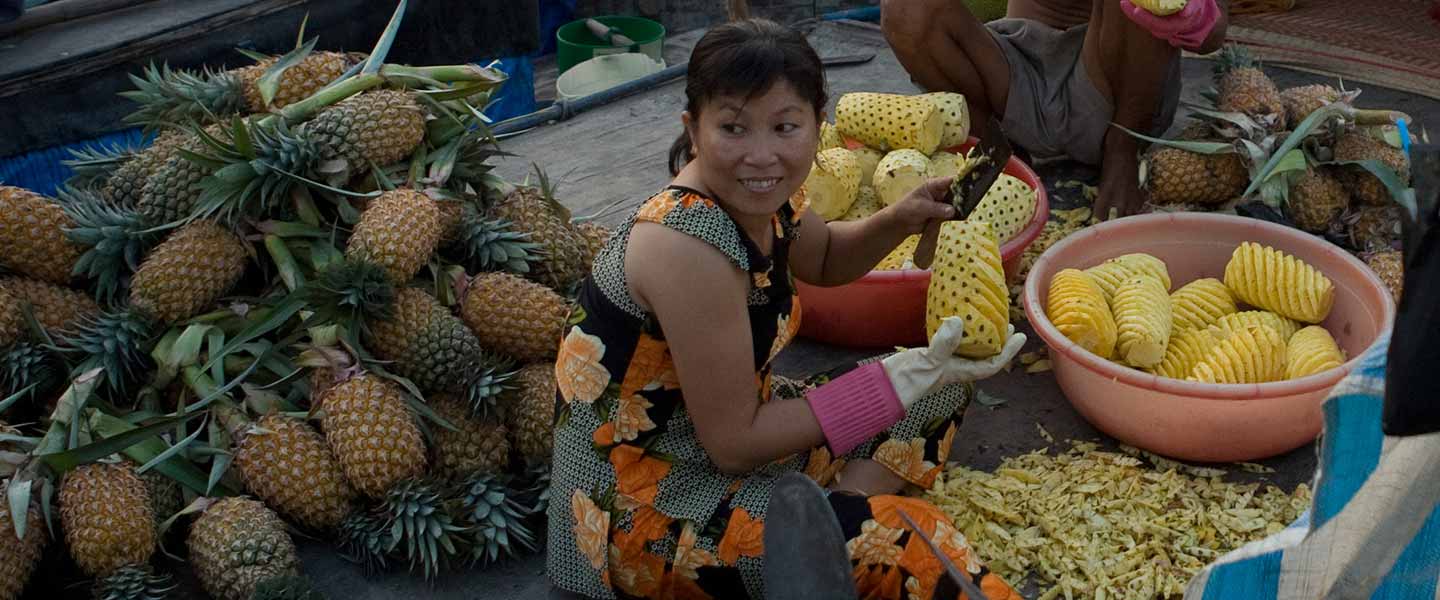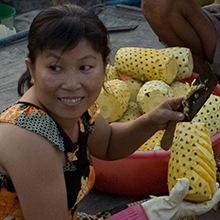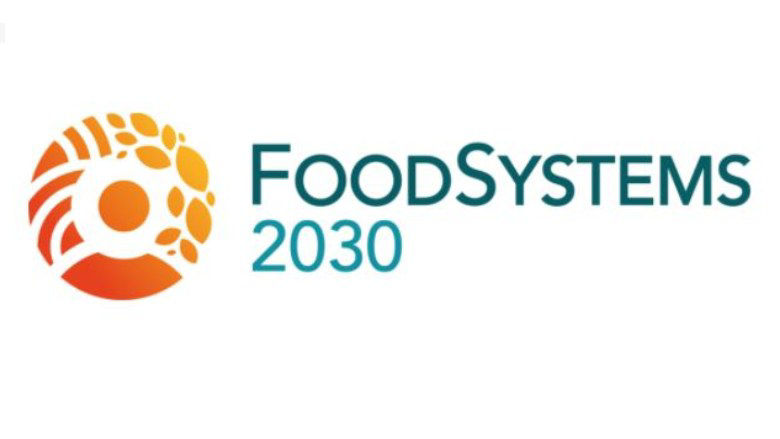In Angola, between 2015 and 2024, a project has helped increase productivity and commercialization for 2.5 million farmers, of which 37% are women. The project supported farmers by linking them to markets, and build their capacity in efficient water and crop management to implement climate change mitigation and adaptation. Farmers were able to increase their yield in crops and livestock by 19% and 52% respectively, with revenue rising by 96%. The project has also provided irrigation for over 62,000 hectares of land with beneficiaries reaching 128,000 households. Nearly one million jobs in rural areas were created as a result of the project interventions.
The Corredor Seco Food Security Project in Honduras, financed by the Global Agriculture and Food Security Program, has transformed the lives of over 14,000 extremely poor farmers. Launched in 2015 and set to end in 2025, the project has provided irrigation systems covering 1,050 hectares, benefiting over 10,000 producers. This has boosted agricultural productivity, food security, and nutrition. Additionally, 100 non-agricultural business plans have created job opportunities for vulnerable families. Training programs on agricultural practices, nutrition, and gender issues, including gender-based violence prevention, have empowered women and fostered stronger, more inclusive rural communities.
The Tamil Nadu Rural Transformation Project in India has fostered inclusive rural economic growth by promoting farm and non-farm enterprises and creating local jobs. The project established One-Stop Facilities and the Tamil Nadu Rural Incubator and Start-Up Enabler to provide business development, mentoring, and financial support to women-owned rural enterprises. So far, it has impacted over 530,000 individuals and supported nearly 120,000 rural businesses, creating about 52,000 jobs. Through grants and partnerships with 16 banks, $36.2 million in credit has been facilitated for 9,722 enterprises, while 93,000 youth gained employable skills.
A project in India has transformed agriculture in Maharashtra, India, making it a hub for climate-resilient farming. The project covers 5,000 villages in 15 districts, impacting 12.5 million hectares and benefiting over 1.22 million smallholders. Through the establishment of 3,959 village climate-resilient committees and 37,184 Farmer Field Schools, the project has promoted climate-resilient technologies. Crop yields in project areas increased by 9 to 21%, with cotton and soybean showing the highest gains. In its second phase, the project aims to enhance resource efficiency and reduce emissions through precision farming.
In Morocco, efforts are underway to modernize wholesale markets for fruits and vegetables in five regions. Food safety measures have been improved for 2,000 agribusinesses. Two innovation centers for agribusiness have begun operating, providing support for new ideas and practices. The program is also helping nearly 15,000 young agricultural entrepreneurs with technical and financial assistance. Additionally, there are initiatives to improve agricultural policies, focusing on nutrition and managing risks, as well as expanding support systems to protect farmers and agricultural workers.
Since 2010, the World Bank’s marshland and hillside development programs in Rwanda have enhanced agricultural production and commercialization, with 40% of initiatives led by women. The project developed over 13,300 hectares for marshland irrigation, improved 2,500 hectares of hillside irrigation, and conserved soil across 51,900 hectares. Ongoing efforts include expanding irrigation schemes, promoting sustainable land management for climate resilience on 10,000 hectares, and supporting financial services for farmers. A successful credit line pilot funded projects worth over $ 15 million. Matching grants helped 2,450 farmers adopt irrigation practices on 1,350 hectares, while development for additional 1,000 hectares is underway. By 2024, greenhouse farming has increased with 185 units installed, doubling yields for key crops.
The Smallholder Commercialization and Agribusiness Development Project in Sierra Leone has integrated smallholder farmers into supply chains, transforming 106 grantees into profitable agribusinesses, including 17 companies and 42 producer organizations across six value chains. The project supported nearly 62,000 outgrowers, with 47% female participation, enhancing incomes and creating markets. During the COVID-19 pandemic, an Interactive Voice Response system provided essential agricultural information in four local languages. Additionally, 310 km of roads were rehabilitated, creating 8,714 jobs and reducing travel time by 58%. Four new bridges are being built, benefiting around 1.68 million people by improving access and facilitating trade.
The Agro-Ecological and Climate Resilient Systems Project in Uruguay aims to strengthen the agricultural sector by enhancing climate resilience and promoting sustainable farming practices. The project provides matching grants and technical assistance to support the transition to agroecological production and improve livestock effluent management. So far, nearly 13,000 rural producers—25% of whom are women—have benefited from better climate data and agricultural technologies. Approximately 1.67 million hectares are now under sustainable management practices, and 770 producers have adopted improved technologies, contributing to a more resilient and environmentally sustainable agricultural sector.
In Yemen, a project improved agricultural infrastructure by restoring 608 hectares of farmland and upgrading 16.6 kilometers of rural roads. It built water harvesting structures and refurbished 17 wells, benefiting over 1 million people through 90 small-scale projects that enhanced food security. The initiative created nearly 22,000 temporary jobs, including 2,914 for women. It also rehabilitated 3,980 hectares of land and improved irrigation canals. A veterinary campaign vaccinated 11 million small animals and treated over 9 million. Additionally, more than 7,500 women received business training and stipends to help them earn income and improve food security.
Last Updated: Apr 04, 2025






